Thousands of people protest in Madrid amid Spain’s high inflation
Thousands of people have taken to the streets in Spain’s capital, Madrid, for higher pay and better working conditions in the first mass protest since the cost-of-living crisis began across Europe.
Angry demonstrators waved placards and chanted slogan as they packed the landmark Plaza Mayor square on Thursday.
Some protesters chanted slogans such as, "There is no dignity without wage hikes." Others waved placards that read, "Salary hikes or social strife!"
Euro-zone consumer prices climbed at a record pace of 10.7% last month. Inflation in Spain also remains well above normal levels.
Tomas Perez, 52, a nurse and member of the UGT union at the protest rally, said workers were getting poorer every day. "When consumer prices jump 10% and salaries rise by 1% it means workers are losing purchasing power fast. We are getting poorer every day, and the worst part is that there is a minority getting richer at our expense."
Unai Sordo, secretary-general of Spain's largest union CCOO, said the demands to employers were only reasonable. Unions want an increase of 4%-4.5% this year and 2.5%-3% in the following two years, he said. "We know that wages will probably not be able to grow exactly in line with inflation."
European Union governments say the surging inflation, coupled with an economic slowdown, is due in large part to the war in Ukraine and the subsequent disruption of gas deliveries by Russia to Europe.
In recent weeks, thousands of protesters have taken to the streets in some of the EU’s major capital cities, calling on authorities to lift sanctions against Russia.
Europe warned of gas shortage next year
The Paris-based International Energy Agency (IEA) said in a report on Thursday Europe must act immediately to prevent a shortage of natural gas next year. The agency said the shortfall would occur if Russia stops pipeline deliveries completely and China steps up its imports of liquefied natural gas, which Europe has relied upon to replace Russian supplies.
The IEA said Moscow delivered 60 billion cubic meters of gas to Europe this year but that it was "highly unlikely" Russia would provide the same amount in 2023 and could cease deliveries entirely.
The region could lack 30 billion cubic meters it needs "to fuel its economy and sufficiently refill storage sites during the summer of 2023, jeopardizing its preparations for the winter of 2023-24," the report said.
Meanwhile, IEA Executive Director Fatih Birol said in a separate statement he would hold talks on Friday with several European governments.
"We believe Europe needs to take immediate action to avoid risks of natural gas shortage next year," Birol said. "We're ringing alarm bells for the European governments and for the European Commission for next year."
Birol said Europe's gas storage sites may only be 65 percent full in 2023 and warned that the continent will face "an even sterner challenge" next winter.
"This is why governments need to be taking immediate action to speed up improvements in energy efficiency and accelerate the deployment of renewables and heat pumps -- and other steps to structurally reduce gas demand."
Prior to the war in Ukraine, Russia was the EU's largest gas supplier, responsible for about 45% of the bloc's gas imports.
UAE’s state oil company weighs major investment in Venezuela’s gas: Report
Trump launches sweeping clemency offensive, pardoning allies, donors, repeat fraudsters
Iraqi army assumes full control of Ain al-Asad airbase after complete US withdrawal
VIDEO | Trump main culprit of acts of terror in Iran
Iran restores SMS access, eases curbs on domestic messengers
Hamas says Israeli army, settlers coordinating West Bank attacks
Israel says Trump's Gaza oversight panel 'contradicts its policy'
Iran reports record natural gas processing capacity


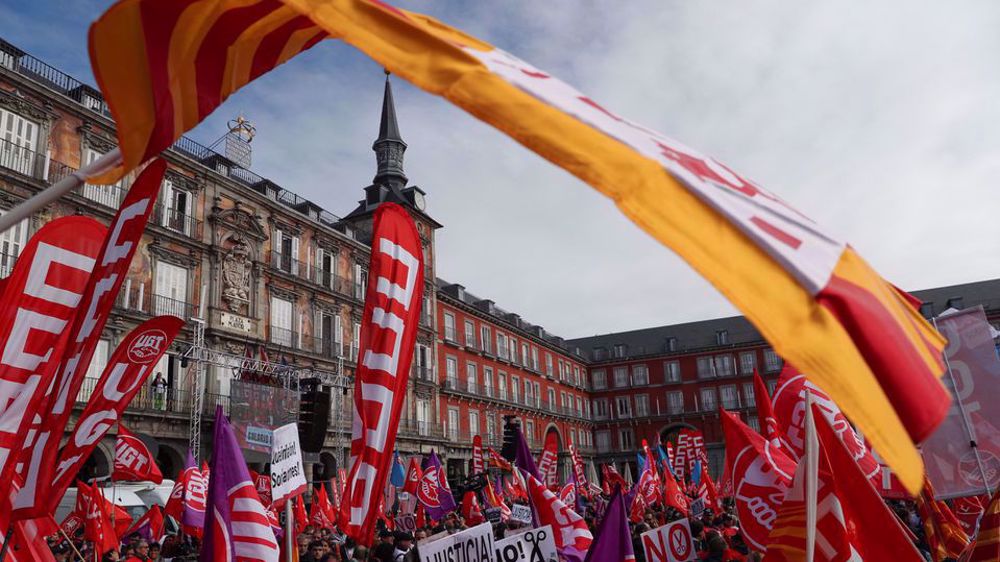
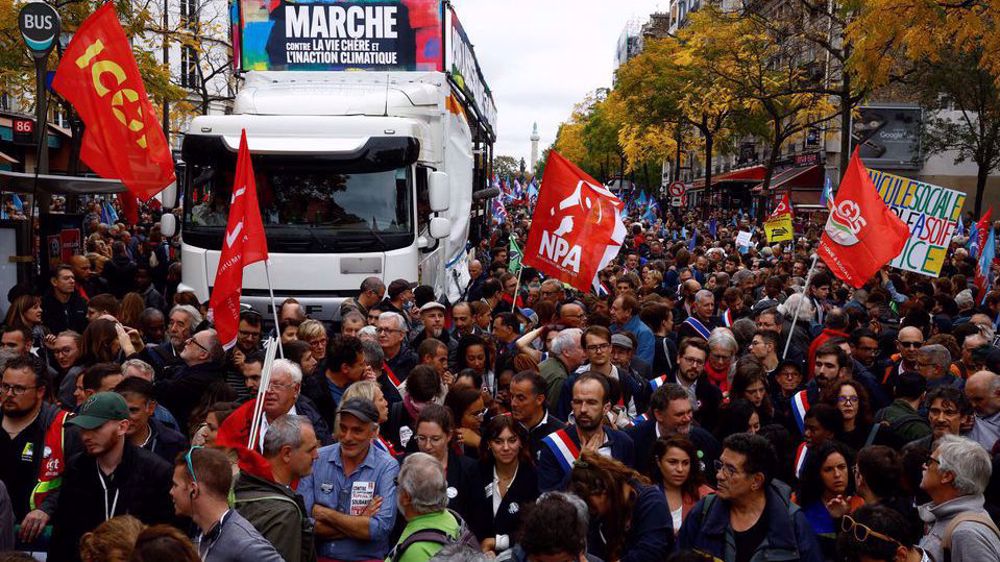
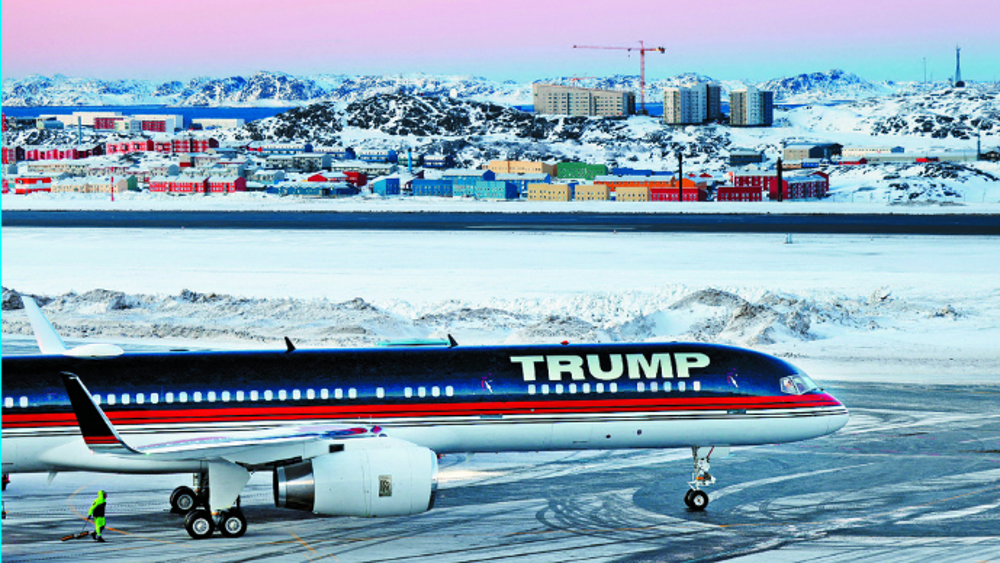





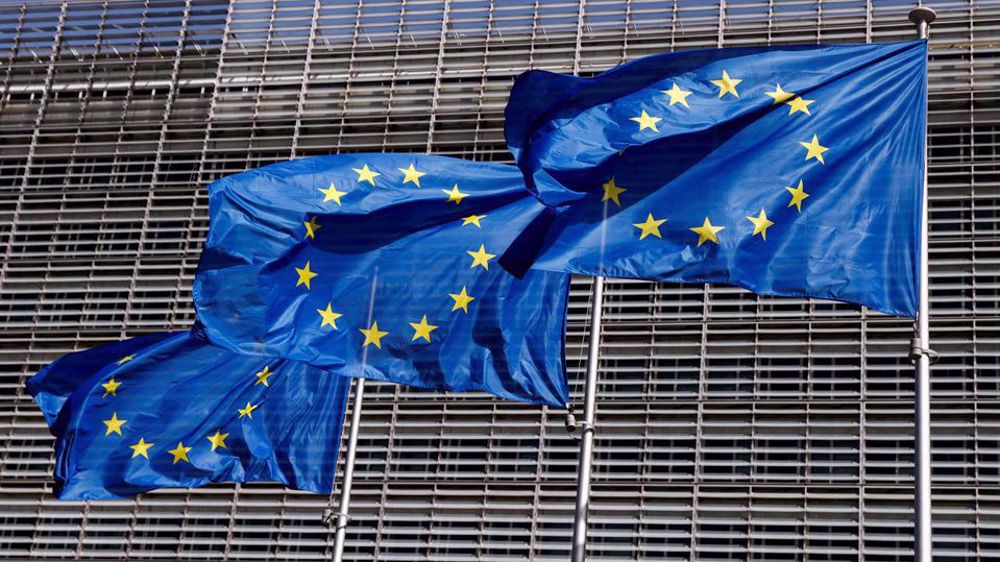
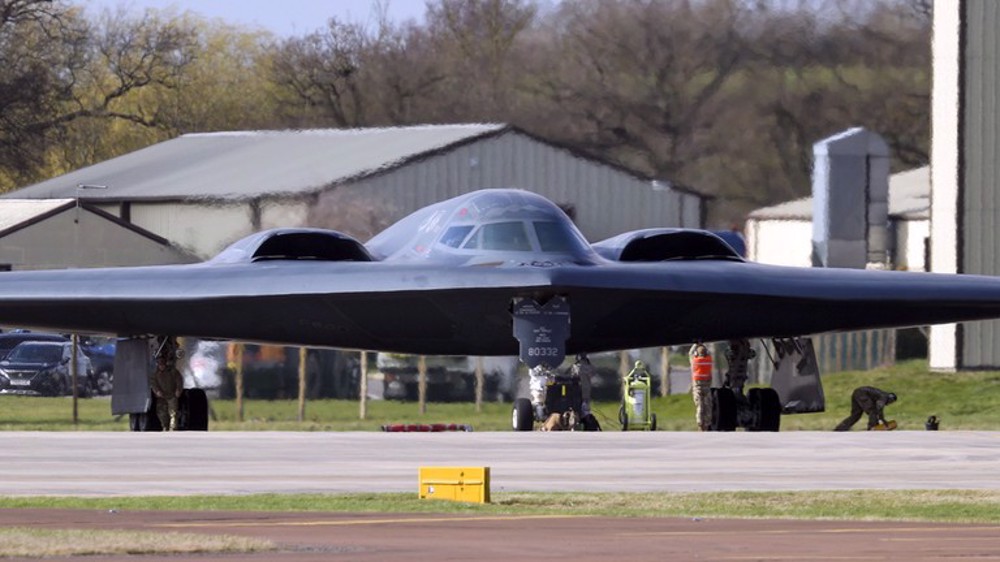
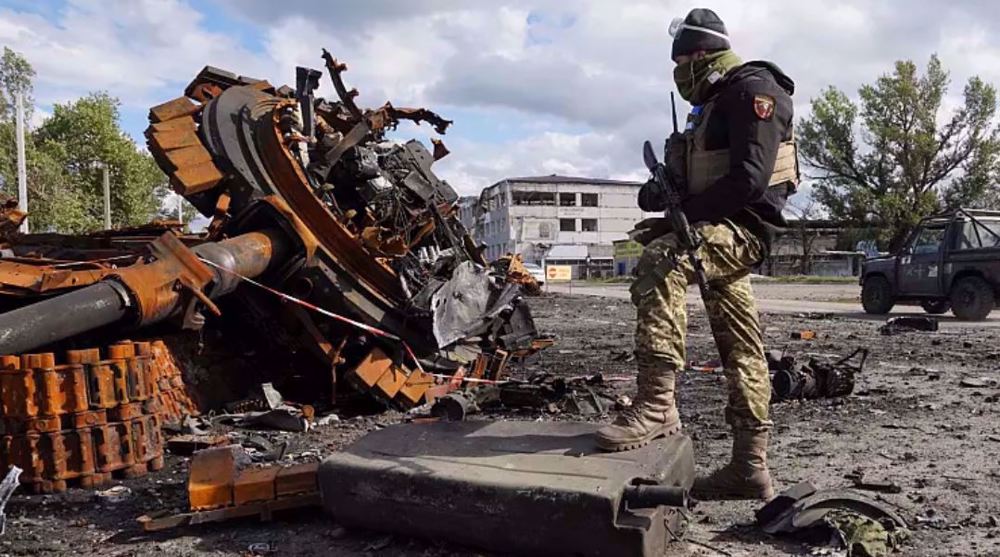
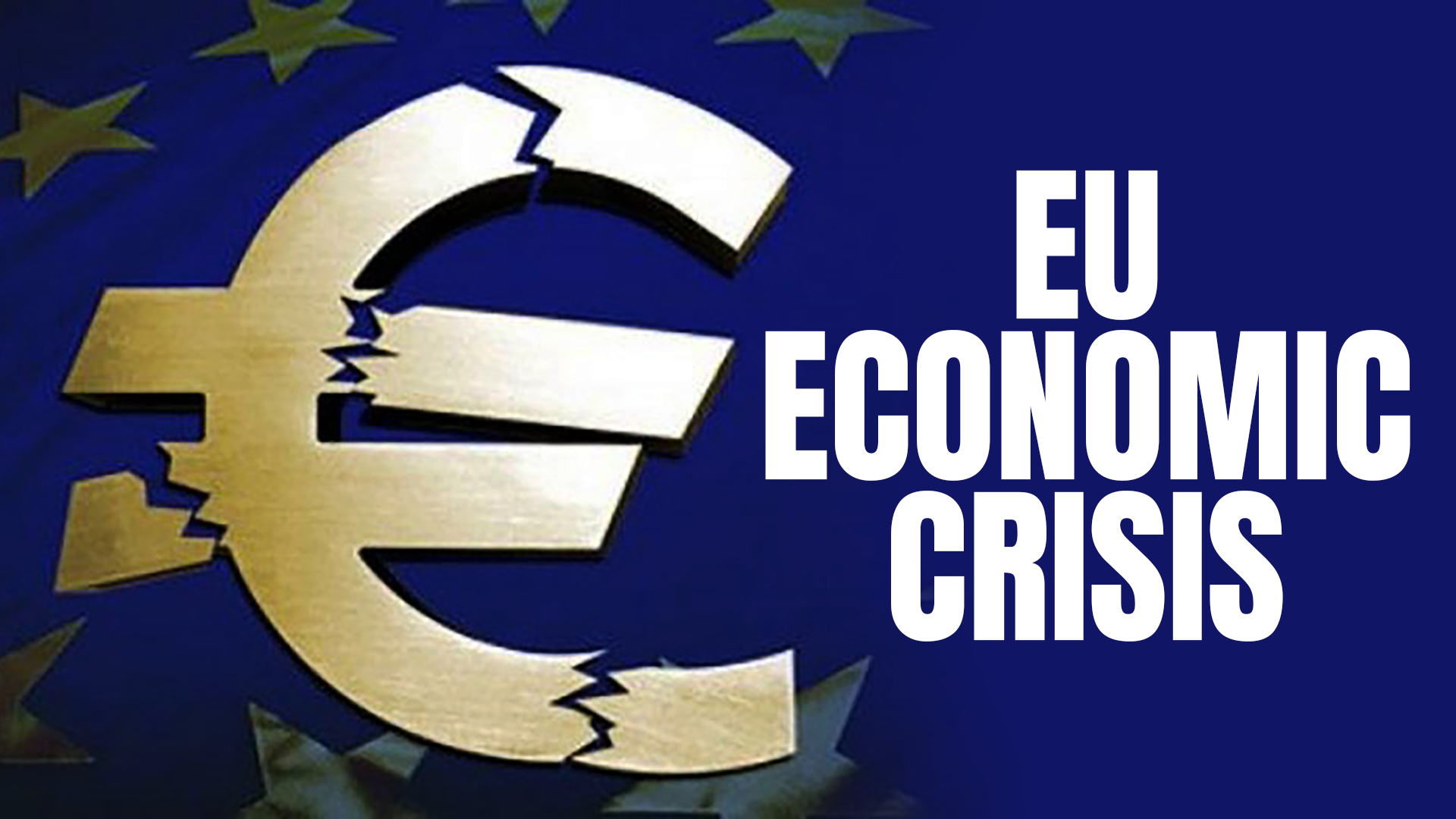
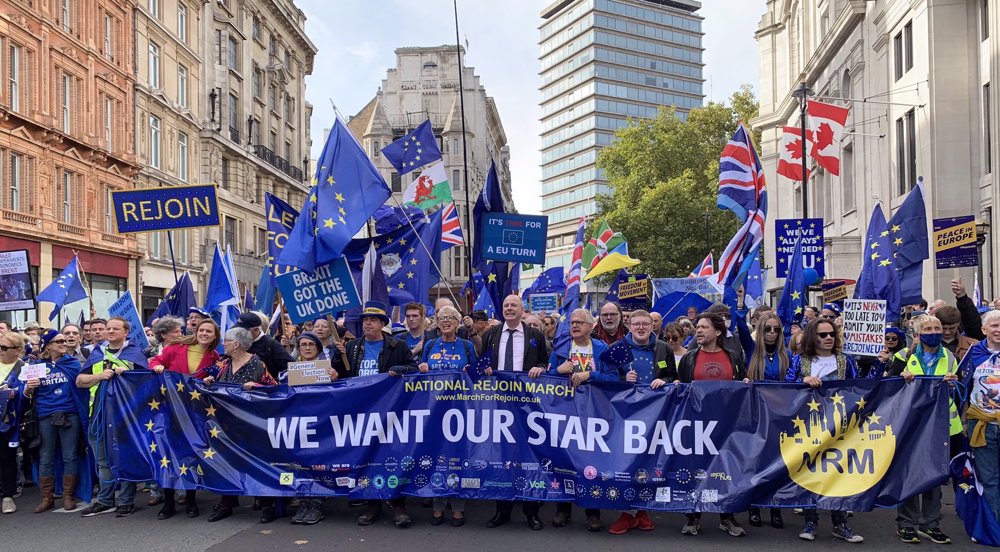
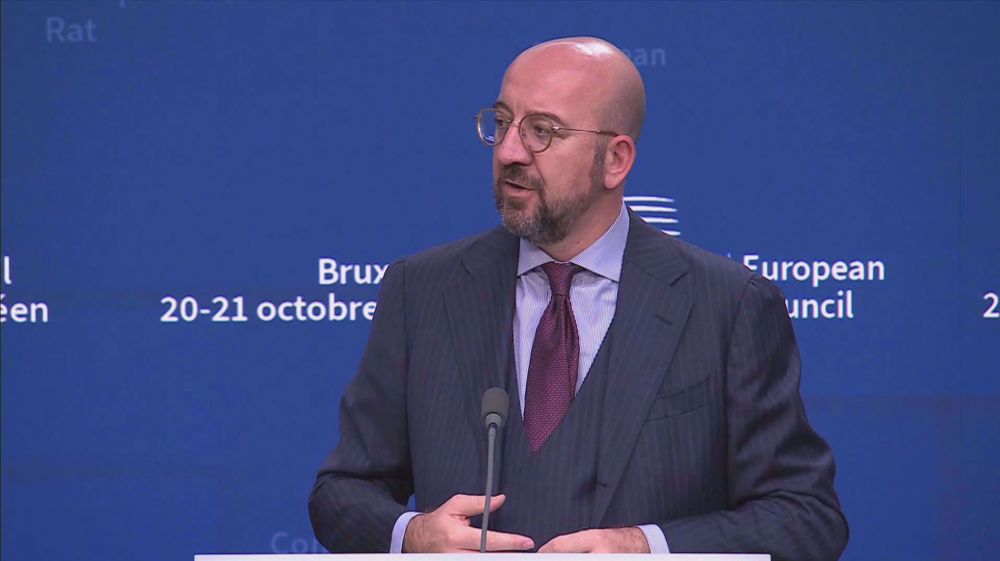
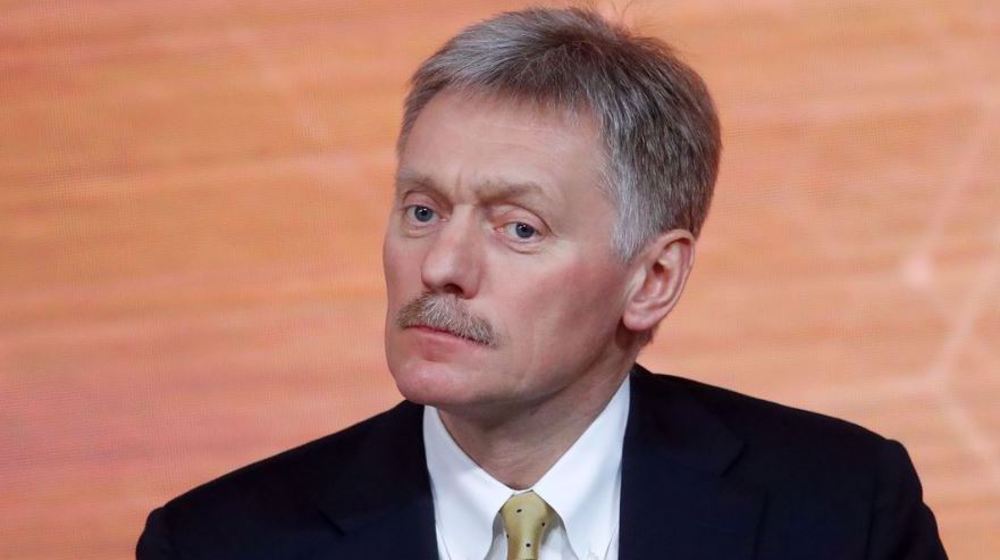
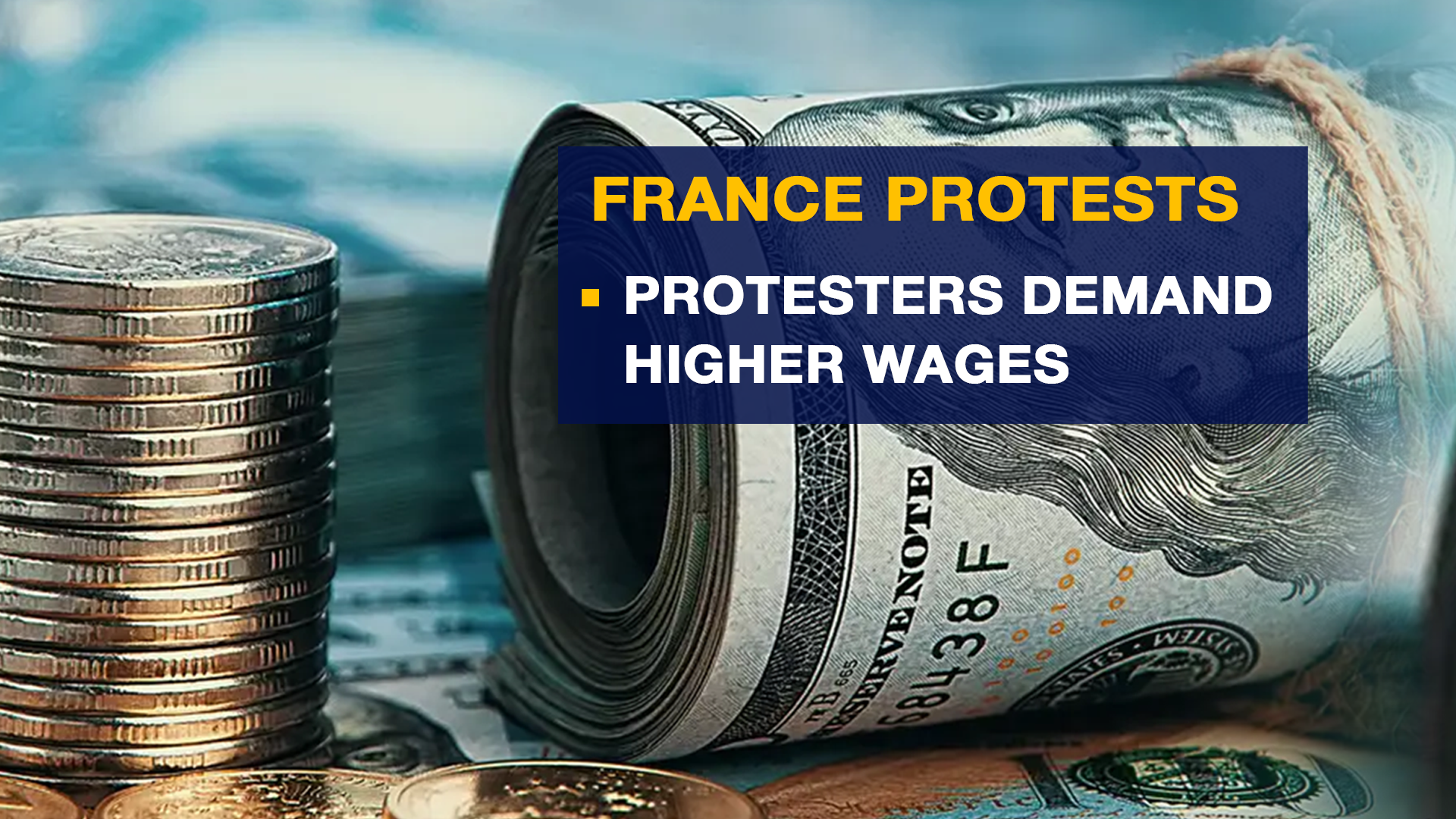

 This makes it easy to access the Press TV website
This makes it easy to access the Press TV website